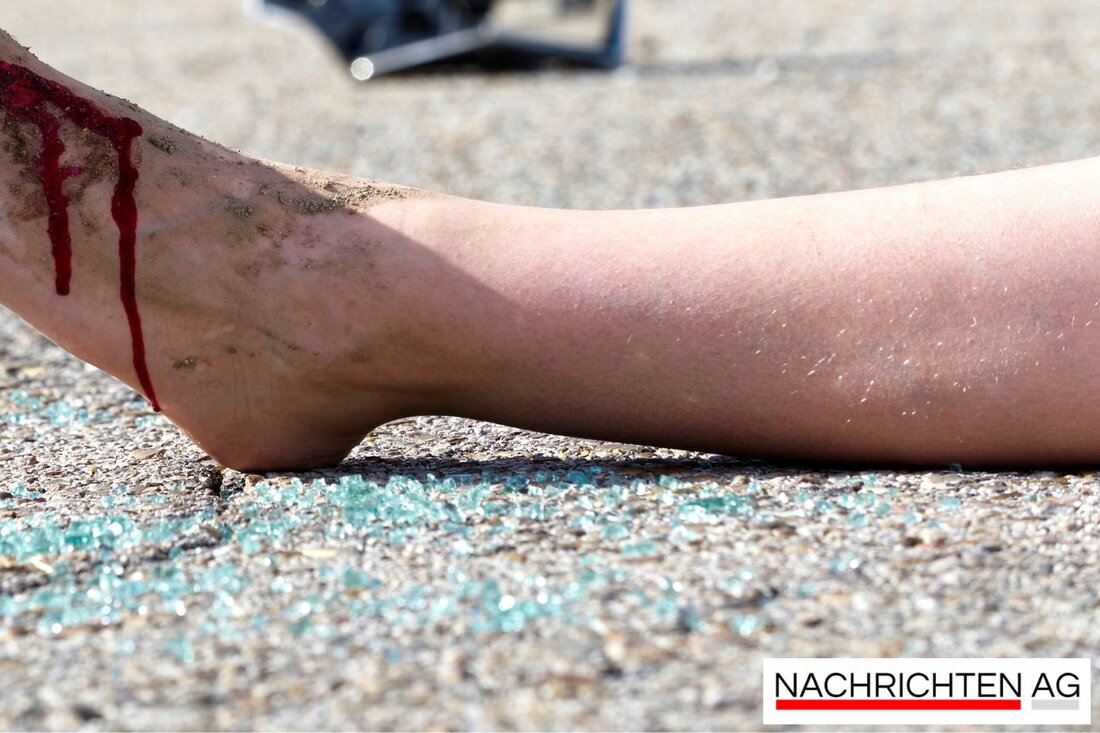Livsstil uden bil: Leipzig -familien viser, hvordan det fungerer!

Livsstil uden bil: Leipzig -familien viser, hvordan det fungerer!
In Leipzig, more and more families deliberately do without their own car. An outstanding example is the family of Sara Lange and Marlon Müller, who have been living in Autolos as students in Leipzig since their time. You never owned a car and instead use a cargo bike that you call "dragonfly" for your everyday life. The well-developed public transport network of the city, consisting of trams, buses and S-Bahn, enables you to get many ways on foot or by bike. The daycare center and the next supermarket are nearby, which is very simplified by mobility.
For excursions to further distant destinations, such as the Cospudener or Kulkwitzer See, you need about an hour by bike. In special cases, for example for visits to the grandparents in Lusatia, they also use the train. In addition, they use car sharing offers or occasionally borrow a car from Sara's sister. Financially, switching to cargo bike and public transport is advantageous; Last year they only spent 150 euros on repairs. The acquisition costs of the cargo wheel are comparable to a used small car, but the running costs are significantly lower, such as lvz.de reported.
The challenges of the traffic transition
The development towards a car -free lifestyle is part of a wider, necessary traffic transition in Germany. This is in the context of current challenges such as the climate and resource crisis, the shortage of skilled workers and digitization. The scientific advisory board with the Federal Minister of Digital and Transport emphasizes the urgency of a comprehensive transformation in cities and transport systems. Climate-damaging emissions in traffic must be reduced, while urban living space is preserved under changed climatic conditions bpb.de.
A study has shown that car sharing and other alternative forms of mobility can play a central role in the redesign of urban mobility. However, users of car sharing services tend to use environmentally friendly means of transport more frequently, but statistically are not able to significantly reduce the motorization rate. Interestingly, over half of the regions in the EU have no access to car sharing offers, which significantly limits access to sustainable means of transport Zukunft-mobilitaet.net.
demand for infrastructure improvements
Sara Lange and Marlon Müller have found some infrastructural weaknesses in Leipzig in their experiences. This includes gaps in the network of cycle paths and problems with intersections that affect cycling. In a comparison to cities such as Copenhagen, where bicycle traffic has progressed significantly, there is a lot of room for improvements in Leipzig. Marlon Müller, who originally comes from Argentina, emphasizes that Leipzig has a relatively good cycle path network despite these challenges.
In order to successfully implement the traffic transition, measures to calm traffic, speed reduction and the creation of integrated plans are necessary to avoid traffic. More and more cities are calling for legal framework conditions that promote sustainable development. The expansion of local public transport (public transport) and the adjustments in the area of cycling are also urgent to support the necessary switch to environmentally friendly modes of transport [bpb.de] (https://www.bpb.de/shop/zeitschratten/apuz/lokale-verkehrswende-2023/543681/urbane transportation/).
Overall, the example of the Lange and Müller family shows that the turnover of traffic in Leipzig and other cities is possible if the framework conditions are right and citizens are willing to accept partial changes in their mobility behavior.
| Details | |
|---|---|
| Ort | Leipzig, Deutschland |
| Quellen | |
